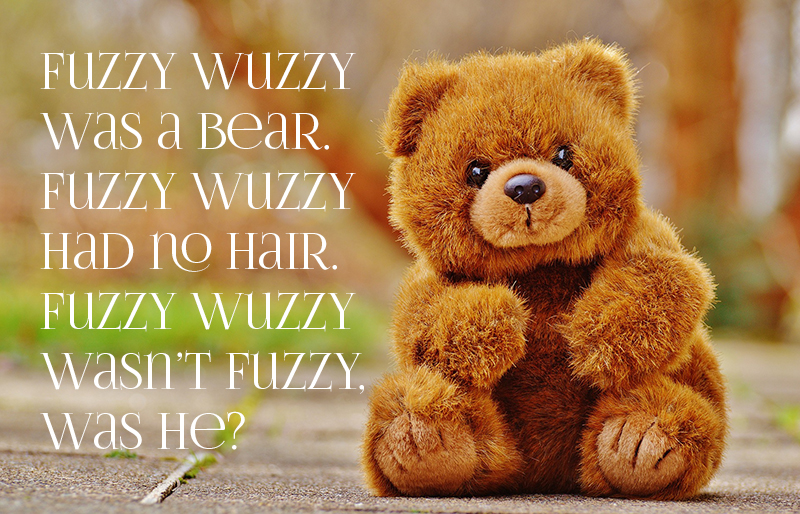
Being polite and having good manners are essential skills in English. Although English may seem a little too formal to non-native speakers, it is a super important part of effective communication - especially in business situations.
These expressions show respect and politeness when asking for something.
Look at these two examples and decide which one is more appropriate.
A) Give me the coffee.
B) Would you pass the coffee please?
Each line may contain a wrong word or is correct. Find the wrong word or leave as is if correct.
1) Today, the earth woke up so some unexpected news: Donald Trump won the US presidential
(2) elections, with 276 Electoral college votes to Hillary Clinton’s 218. The Republican group now
(3) holds a majority in the senate, having ousted the Democratic Party bossed by Hillary Clinton. In
(4) a victory talk he made earlier today in New York, Mr. Trump promised to be a ‘president
(1) Whatever happened to present day politics? Everybody seems to be hitting below the belt! Abuse and insults seem to be an everyday occurrence. Political debates quickly degenerate into shouting competitions. Where are manners?
Use tongue twisters to practice making different sounds. Don’t worry if you have trouble saying these sentences out loud, as they are difficult even for native speakers to say quickly. If you want a challenge, try repeating the tongue twister multiple times going as quickly as you can!


Job interviews can make even the most confident English speaker feel nervous! To help you get ready for your next interview, we’ve prepared a list of useful words and phrases to help you describe yourself, your experience, and what you can do for the company. If you want more tips for how to have a successful job interview, check out our blog post!
To describe yourself:
Michael Phelps has __1__ the most medals in the Olympics than anyone else in history, with a total of 28 medals, 23 of which are gold. He is planning to retire after Rio 2016, where he was beaten by Joseph Schooling from Singapore, who used to idolise Phelps as a child.
American swimmer Katie Ledecky set two new __2__ records during the games and won four gold medals overall.
Update: We are now offering online English courses with EC Virtual.
While both of these words are used to show the negative, knowing how and when to use ‘no’ and ‘not’ is an important skill and can make a big difference in your English.
‘No’ is usually used to mean something like “not any” or “not a/an”, and usually refers to a noun. It is commonly used in the following situations:
These two abbreviations are commonly used incorrectly by native and non-native speakers alike. While they are similar and both come from Latin roots, these words should not be used interchangeably.
E.g. comes from the Latin exempli gratia, meaning ‘for example’. It is used to give an example of what was just stated.
The restaurant serves all kinds of Italian food, e.g. pizza, pasta, a variety of desserts.
Let's take a look at some meanings of the phrasal verb hang on. The past tense of the verb hang is hung or hanged.
To hold/cling something tightly.
"Hang on! Don't let go of the rope!"
To continue with something difficult.
"Hang on, don't give up yet, we're almost at the finish line."
To keep a telephone connection open.
‘Bugger all’ – a British slang term used to be a more vulgar synonym for ‘nothing at all’.
For example, ‘I’ve had bugger all to do all day.’